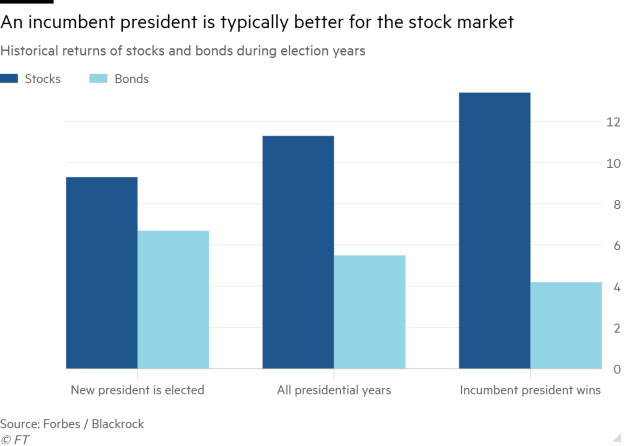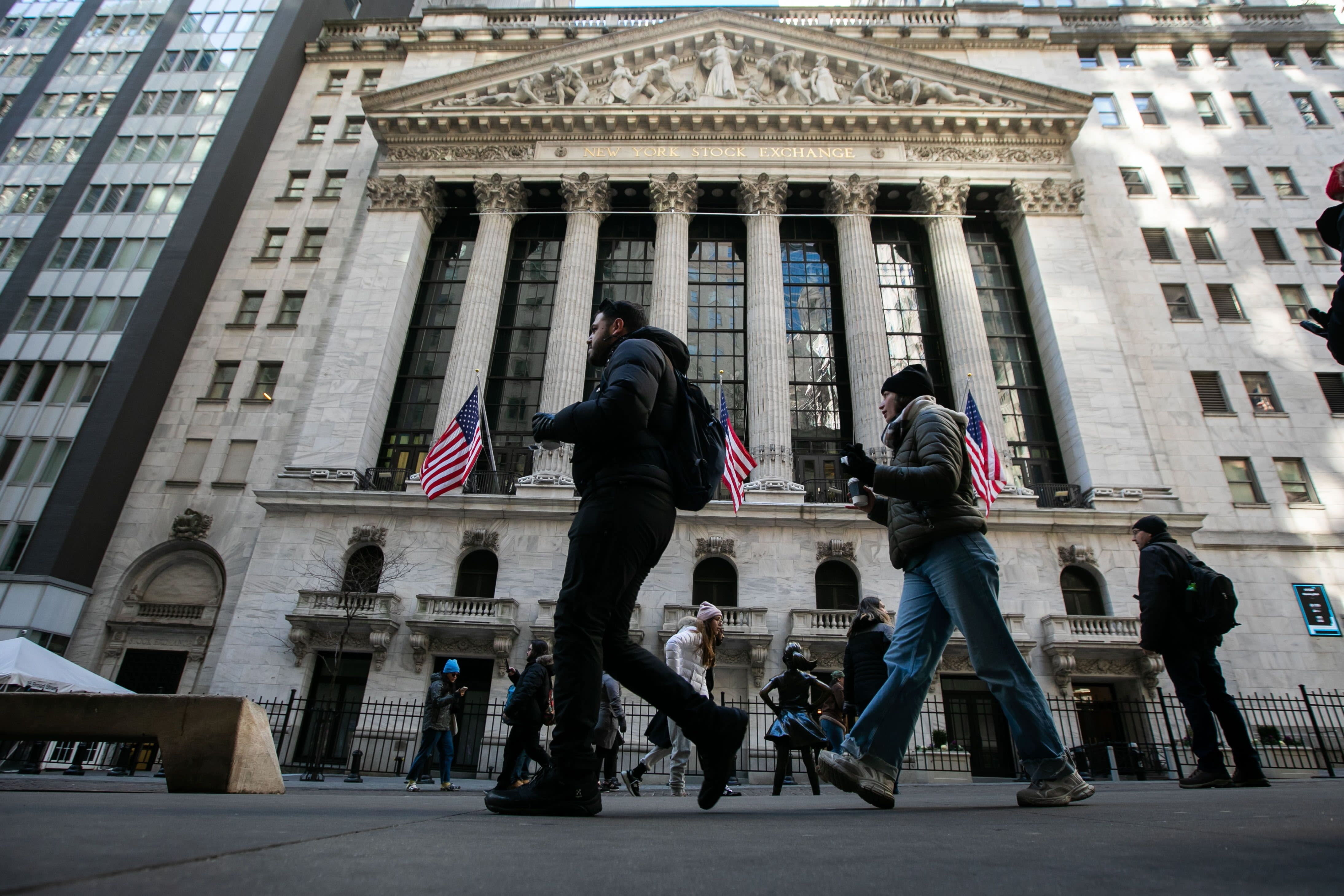
A close-call election disputed by US President Donald Trump would be the “worst case scenario” for investors when US voters head to the polls next month.
Investment analysts have warned markets could face disruption if Mr Trump – who has previously raised issues over the election being “rigged” and has not said on record that he would leave the White House even if he loses the vote – does not accept the result.
Randeep Somel, associate fund manager at M&G Investments, said: “A disputed election is the worst-case scenario.
“The US constitution allows for such an eventuality, which is why there is a 10-week lag between the time of the election and the inauguration. But it would undoubtedly inject uncertainty into markets until there is a legitimate and official winner.”
Darius McDermott, managing director at Fund Calibre, agreed, saying that Mr Trump was “likely to contest the result” if Joe Biden won by a small margin, which would be “highly disruptive to markets” as there would be uncertainty until the end of January.
For Tom Boyle, market strategist at Atlantic House Investments, Mr Trump disputing the election in any other scenario than a landslide win for himself was the “base case”.
He said: “Mr Trump landed a huge electoral college win in 2016, and he contested that, so we do not see that as being any different in 2020.”
It would not be the first time a disputed election disrupted US markets.
In 2000, a recount in the George Bush versus Al Gore election left the outcome in limbo for weeks and the S&P 500 fell 8 per cent over one month.
Mr Somel added: “With the increase in ‘mail-in’ votes this year, which will take time to count, a repeat of the 2000 election is possible.
“If there are any indications of voter fraud, either candidate could refuse to accept the result.”
Scott Gallacher, of Rowley Turton, agreed, raising concerns Mr Trump would be more like a “wounded tiger” than a “lame duck” president in the interim period between the election and the inauguration.
He added: “Either way, that intervening period in any Trump loss is likely to cause concern for investors.”
Stopped in its tracks
Any shock to US markets would be a U-turn on what has been a remarkable rally for North American equities, with the S&P 500 up nearly 70 per cent over the past five years.
Its growth has primarily been driven by the ongoing success story of US tech stocks, their rising share prices buoyed by the coronavirus-induced lockdown that hamstrung other companies.
The S&P 500 is up 55 per cent since the March lows, when the pandemic caused global markets to tumble, and is up nearly 7 per cent since the start of the year.
And its seemingly unstoppable rally has been met with equally strong demand. Investment Association data shows investors piled £4.2bn into Global funds (heavily exposed to US stocks) from April to August this year and £1bn into the funds in the North American sector.







